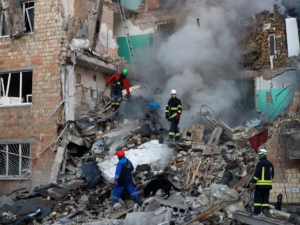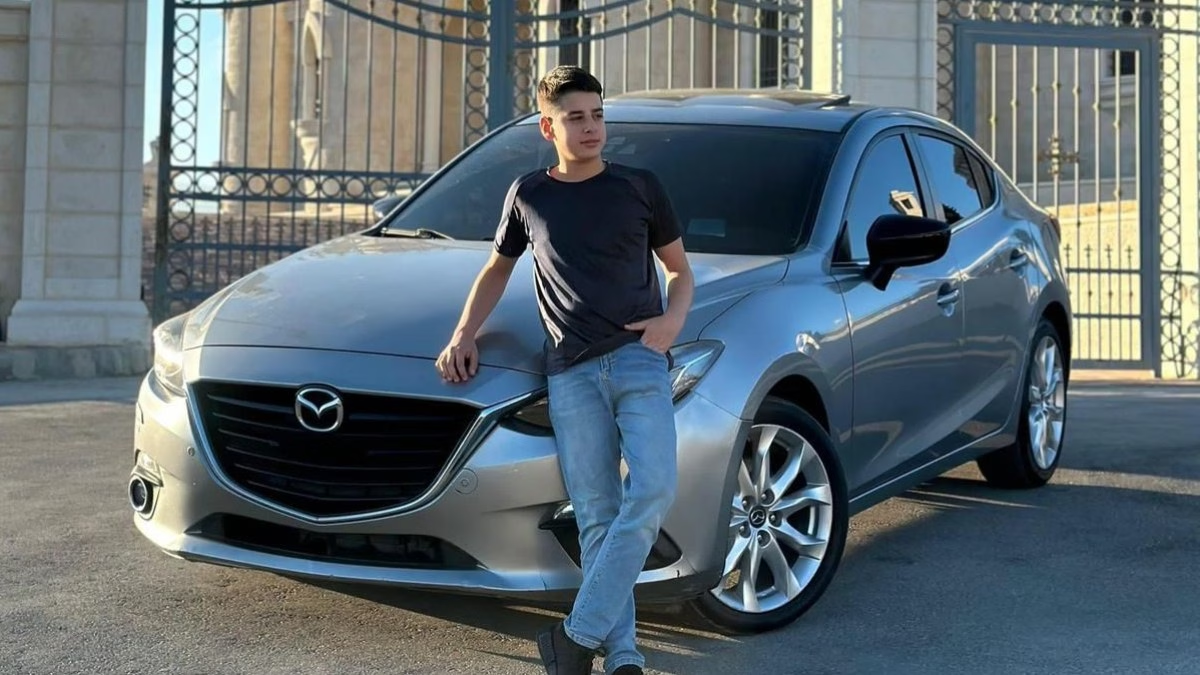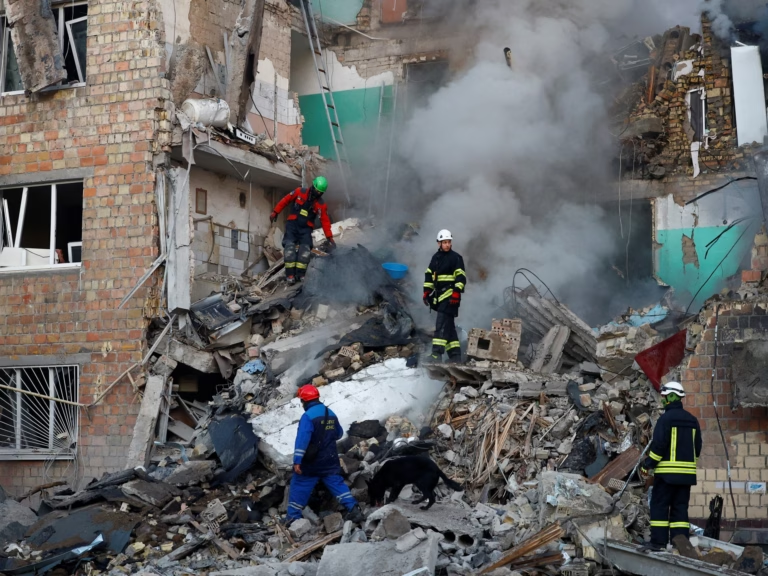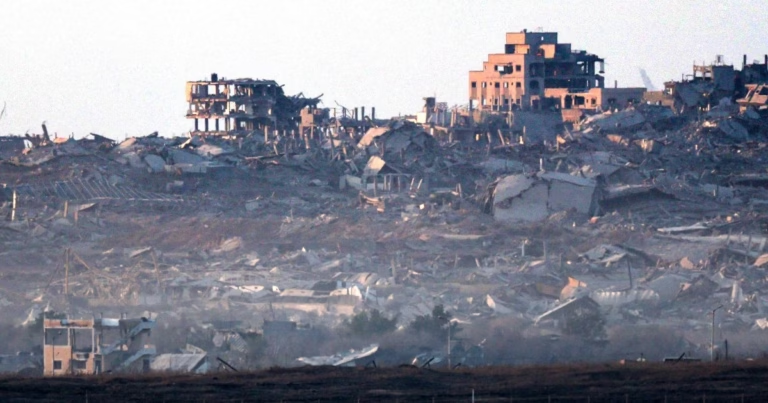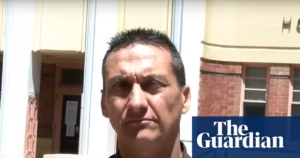His father, Zaher Ibrahim, believes the US government can secure Mohammed’s freedom with a single phone call, given the substantial military aid it provides to Israel annually.
“But to them, we don’t matter at all,” Zaher told Al Jazeera this Wednesday.
Family members report that Mohammed has been losing weight and suffering from a skin infection while in custody. Although US officials have visited him, Israeli authorities have largely restricted his contact with the outside world.
The family is worried about his safety and is urging the US to ensure his release.
Recent weeks have seen growing attention to his case, with Congress members and human rights organizations urging President Trump to advocate for Mohammed’s release.
‘An American child’
On Tuesday, over 100 advocacy groups, including the Council on American-Islamic Relations (CAIR), IfNotNow, A New Policy Institute, and Pax Christi USA, sent a letter to Secretary of State Marco Rubio, advocating for Mohammed’s release.
Highlighting that Israel has held Mohammed without a trial for six months and denied his parents contact with him since his arrest, they emphasize that as an American child, he and his community in Florida deserve the US government’s protection.
Israeli forces arrested Mohammed during a raid on his family’s home in the West Bank in February. Accused of throwing stones, a charge he denies, he has since lost nearly a quarter of his body weight and developed scabies, a severe skin infection, while in detention.
Mohammed is the cousin of American Sayfollah Musallet, killed by Israeli settlers in July. His family also wants to highlight the case of another US citizen, Khamis Ayyad, who was also killed in a settler attack in July. Both cases reflect the lack of protection US citizens face in the West Bank.
‘Where is our protection?’
Mohammed’s family decries what they perceive as the US government’s failure to protect its citizens from Israeli actions. They question why an Israeli facing child sex charges in the US can return to Israel, while Mohammed, accused of throwing rocks, remains detained.
The Department of State refuses to discuss the case in detail, citing privacy concerns. During a meeting between Secretary of State Marco Rubio and his Israeli counterpart Gideon Saar in Washington, a journalist’s inquiry about Mohammed’s case went unanswered.
Cousin Leali Shalabi believes the US government’s unconditional support for Israel undermines American interests, calling it a “wake-up call” for Americans across the country. She criticizes President Trump’s “America First” policy, arguing that it fails to prioritize the safety of citizens like Mohammed.
As Israel’s military campaign in Gaza, described by rights groups as a genocide, and settler violence continue to escalate in the West Bank, the cases of Mohammed and his cousin Sayfollah serve as examples of the risks US citizens face in the region. The question of protection for American citizens in the context of their relationship with Israel remains a contentious issue.
